Notre Dame’s rapidly growing Department of Economics has added six new faculty members who bring diverse expertise in political economy, econometrics, labor mobility, market design, urban geography and poverty, and international finance.
“This fantastic group of scholars helps fill important needs in the department,” said William Evans, Keough-Hesburgh Professor of Economics and chair of the department. “Faculty hiring is a year-round activity that consumes a lot of time and energy for everyone in the department. To have it pay off so well generates a lot of excitement and enthusiasm.”
The new faculty—Lakshmi Iyer, Marinho Bertanha, Nilesh Fernando, Michèle Müller-Itten, David Phillips, and César Sosa-Padilla—join the ranks of a vibrant department that has added more than a dozen faculty members in the last four years and offers one of the University’s largest undergraduate majors.
Bridging politics, economics, and gender
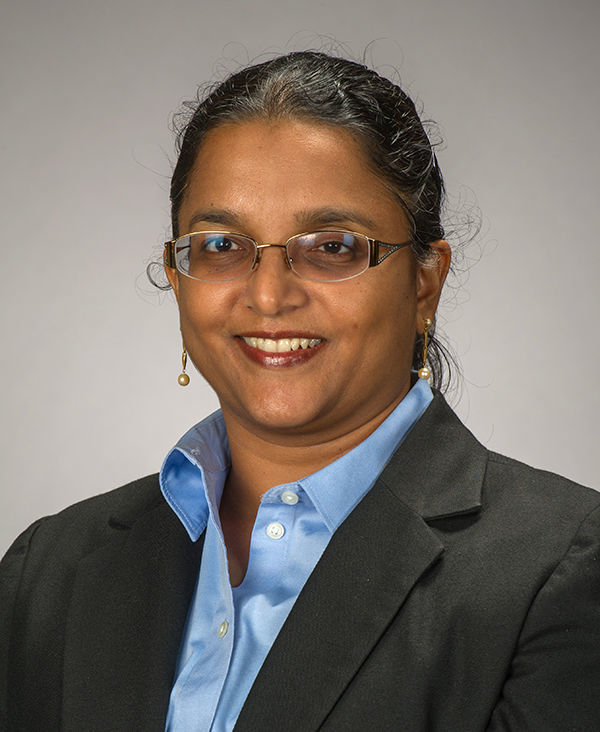 Lakshmi Iyer
Lakshmi Iyer
Lakshmi Iyer, an associate professor in the Department of Economics and the Keough School of Global Affairs, wants to know how societies can encourage more women to become involved in politics and what happens when they do.
Iyer, previously a faculty member at Harvard Business School, focuses her research on political economy and development economics. She is currently examining women’s role in the political process and researching historical political institutions and democratization.
Even after a year which saw the United States’ first female presidential candidate from a major party, Iyer does not anticipate a large increase in the number of women entering politics.
“Current studies so far are not really encouraging in this regard,” she said. “So policy-wise, what does this mean? It means that we need to do something purposefully. There has to be some proactive intervention to get women involved.”
Iyer is bringing her research to the classroom in a course called Political Economy of Development, where her students read and discuss rigorous academic studies from around the world—including India, Indonesia, Brazil, Argentina, Benin, Uganda, and the United States.
“It’s important for my students to realize the extent of government and policy influence on the economy, and to understand the incentives and institutional forces that shape the actions of governments,” Iyer said. “Research on the political economy of developing countries has grown a lot in the last few years, but we still don’t know many, many things.
“Hopefully, I will inspire some of them to conduct their own research projects going forward, and that would be a great pleasure to see.”
Enhancing observational data
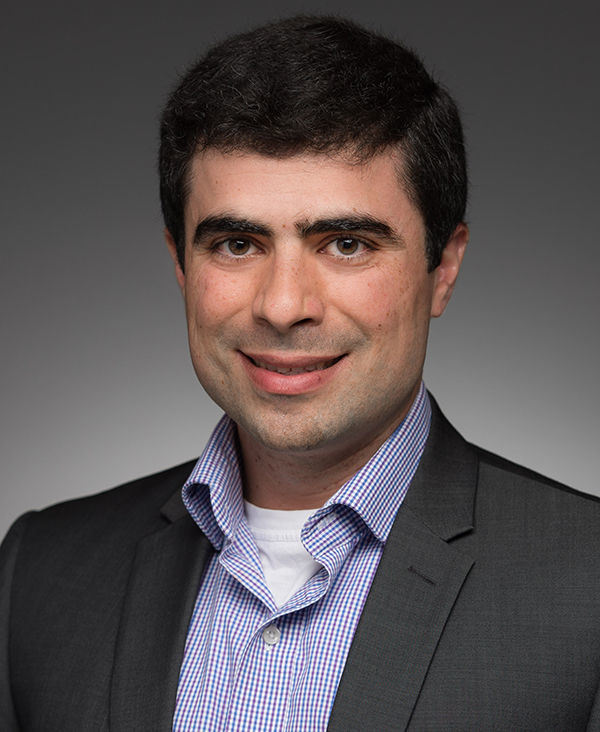 Marinho Bertanha
Marinho Bertanha
Marinho Bertanha, an econometrician who joins the faculty as the Henkels Family Assistant Professor of Economics, is working to develop tools to help economists get the most out of observational data.
He received his Ph.D. from Stanford University and came to Notre Dame after a post-doctoral fellowship at the Center for Operations Research and Econometrics at Université
catholique de Louvain in Belgium.
At times when experiments would be impossible or unethical—such as randomly assigning children to schools to evaluate educational quality—economists using observational data must find a way to avoid selection bias, through methods like regression discontinuity design (RDD).
RDD looks at values near a given threshold to create an almost random comparison—for example, comparing outcomes for students whose test scores were barely above or below the cutoff to go to a certain school. The downside is that, traditionally, RDD can only evaluate those scores that are close to the threshold.
Bertanha has developed a technique that allows RDD to be used over an entire range of values, to evaluate the efficacy of schools, health-care policies, or any number of other issues.
“We can use techniques like this to inform policymakers so that we can design schools in a way that improve academic performance,” he said. “We can help measure how well something is working and how it might be improved by asking, ‘What if the threshold was different?’ That’s an important question we can’t really answer with the standard one-threshold method.”
Understanding labor mobility
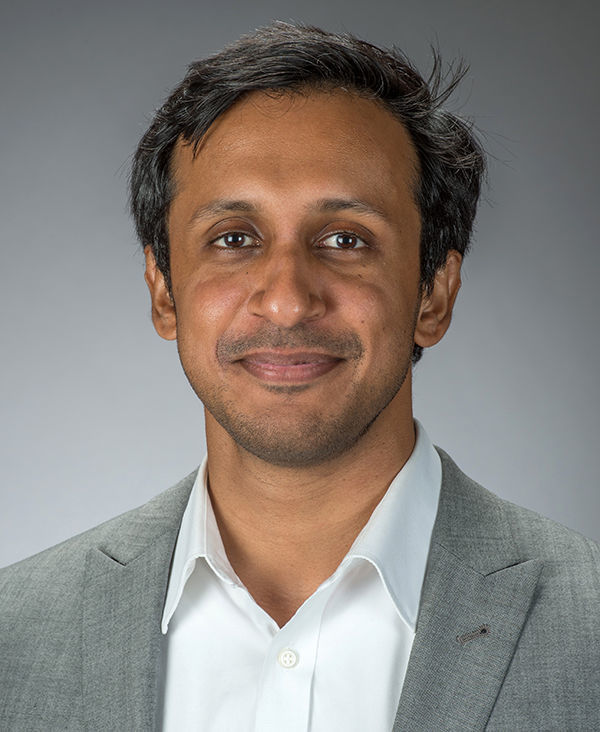 Nilesh Fernando
Nilesh Fernando
Assistant Professor Nilesh Fernando applies statistical methods to large datasets in order to better understand labor mobility in the developing world.
Fernando, who has a concurrent appointment in the Keough School of Global Affairs, is interested in exploring barriers to the movement of labor out of the agricultural sector and in international migration.
He is currently working on a field experiment in Bangalore, India, to explore how mobile phone-based technologies can help rural migrants find jobs. And in Sri Lanka, he is using large, administrative datasets to understand the economics of recruitment networks for migrants to the Gulf.
“I think there’s a growing consensus among development economists that migration across and within countries is an incredibly effective tool for poverty reduction, but also one that is fraught with risk,” Fernando said. “Particularly with recent political currents against globalization, it seems an especially important time for scholars and students to bring evidence to bear on the economic, social, and political effects of migration.”
Fernando received his Ph.D. from Harvard University and said he was drawn to Notre Dame by the University’s support and enthusiasm for development research.
Last fall, he taught a course on development economics called Explaining an Unequal World, which examines the factors—including the role of government, market failures, technology, history, and culture—that contribute to poverty in developing countries.
Studying the gatekeepers
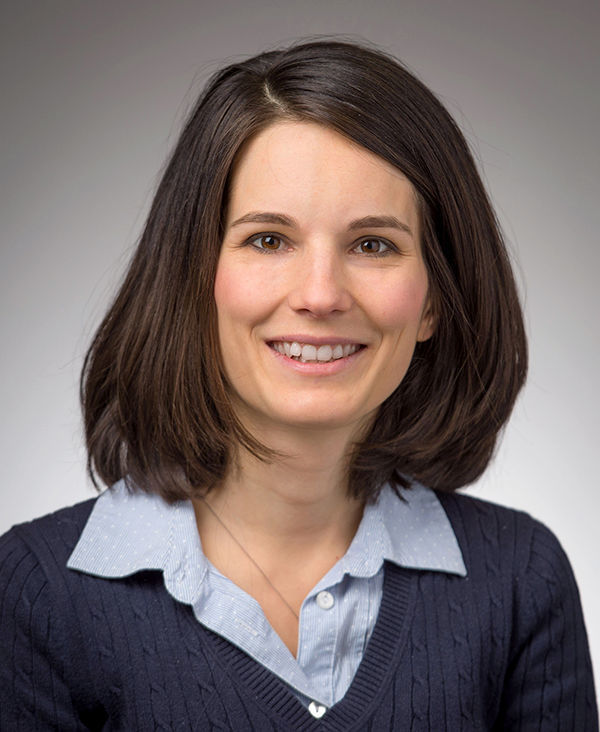 Michèle Müller-Itten
Michèle Müller-Itten
Assistant Professor Michèle Müller-Itten is evaluating how a small number of agents—in industries from journalism to academic publishing to startup financing—decide which ideas deserve further attention.
“I’m interested in how these ‘gatekeepers’ affect the dissemination of new ideas, and how they compete with each other in the absence of payments,” she said. “For example, how and why might top journals use unnecessarily long delays as a means to discourage bad submissions?”
Müller-Itten, who focuses on applied microeconomic theory and market design, said that in some applications, gatekeeping is less voluntary but still ingrained into the system.
“Most of our interactions are subject to some ‘rules of the game,’ which may relate to the timing in negotiations, the wording of contracts, the assignment of classroom spots, or the electoral system,” she said. “Even when these rules seem completely inconspicuous, they often have an important effect on the final outcome. Careful study allows us to better understand the strategic interactions—and ideally improve some of them to achieve more desirable outcomes.”
Müller-Itten received her Ph.D. from the University of California-Berkeley and begins teaching at Notre Dame in January.
Improving anti-poverty efforts
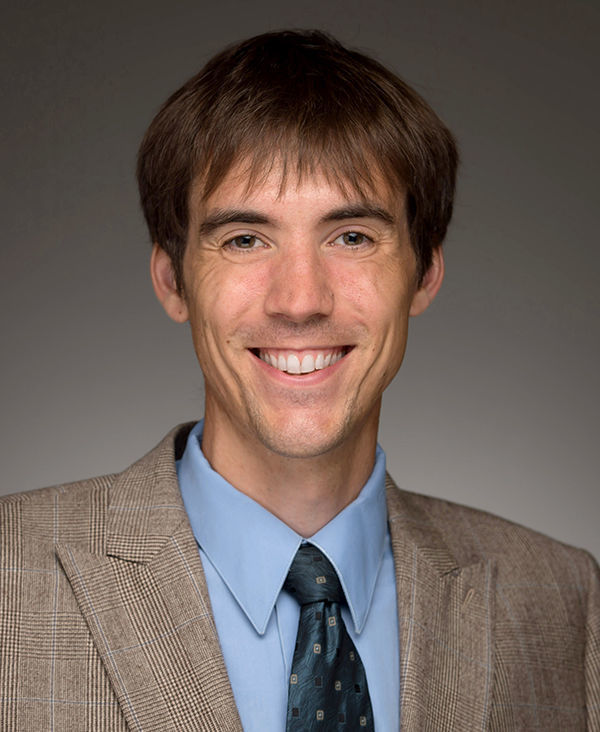 David Phillips
David Phillips
Research Assistant Professor David Phillips has joined the Wilson Sheehan Lab for Economic Opportunities (LEO), where he evaluates the effectiveness of anti-poverty programs in the United States.
“Many people, particularly those with lower income, have become incredibly discontent with the status quo. There’s a strong perception that progress has stalled and that whatever we’ve been doing has not been working,” Phillips said.
“The question is, how do we make the current economic system work better for those who have the least power to change it? At LEO, our research tries to identify the programs that will actually help people’s economic lives improve in tangible ways.”
Phillips, who completed his Ph.D. at Georgetown University, said he was drawn to Notre Dame because of its reputation as a premier research university and its status as a Catholic institution—which creates natural research partnerships.
“At Notre Dame, I have a much greater ability to get my work to people who make decisions affecting poverty in America than I would elsewhere,” he said. “And the unique engagement and generosity of Notre Dame alumni directly and clearly makes the work we do at LEO possible.”
Analyzing government debt
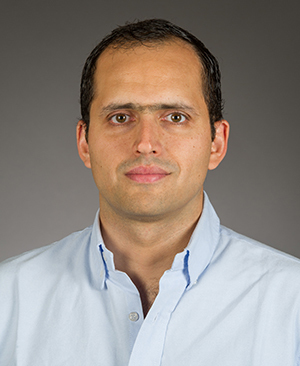 César Sosa-Padilla
César Sosa-Padilla
Assistant Professor César Sosa-Padilla is focused on understanding sovereign default crises—an issue he became interested in because of his native Argentina’s history of defaults.
“I started wondering why a country would repay its debts in the absence of an international court,” he said. “And to me, the answer is clear—because in some cases, it is better than the alternative. The costs of defaulting often exceed the benefits.”
Sosa-Padilla conducts research in the areas of international finance, macroeconomics, and fiscal policy. He is also an associated researcher with the ADEMU (A Dynamic Economic and Monetary Union) project, which analyzes fiscal policy in the European Union and proposes innovations to reduce economic vulnerability.
“We are living in times of high—in some cases, record-high—levels of government indebtedness,” he said. “Even the mere prospect of a sovereign default has big implications for the financial and government sectors in any country. Knowing more about optimal debt management should be of crucial importance for policy makers.”
Sosa-Padilla, who received his Ph.D. from the University of Maryland, was an assistant professor of economics at McMaster University in Ontario before coming to Notre Dame. He said that the University’s culture and mission have made him feel at home right away.
“I was looking for a place that combines rigorous teaching and learning, cutting-edge research, and a deep sense of community,” he said. “Notre Dame is exactly that place.”


